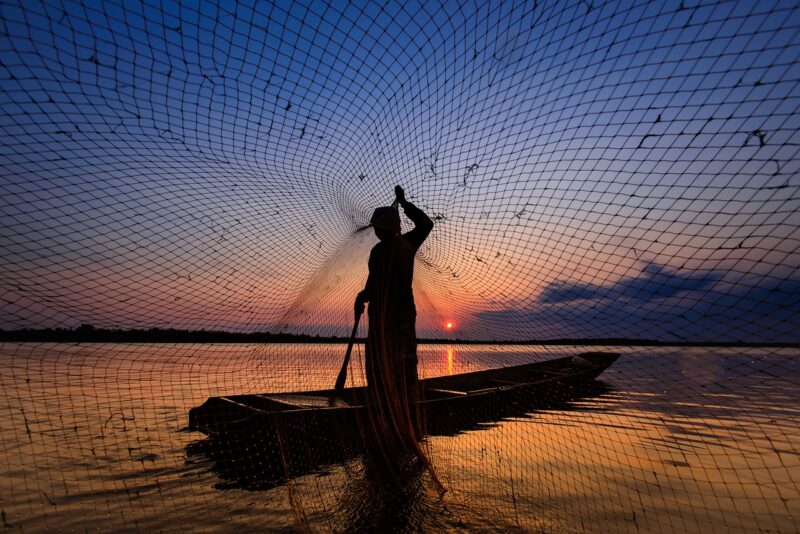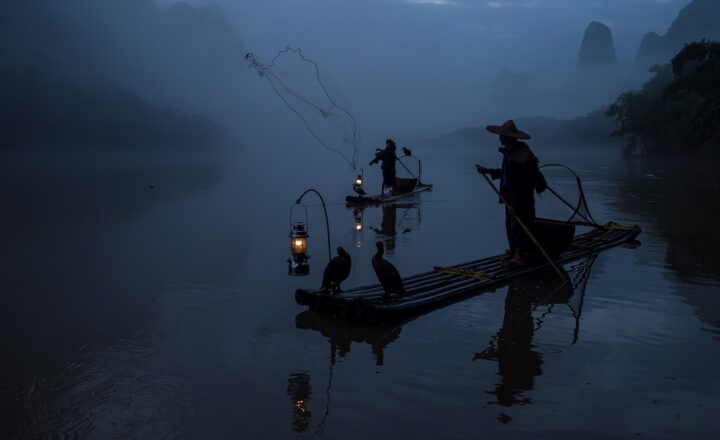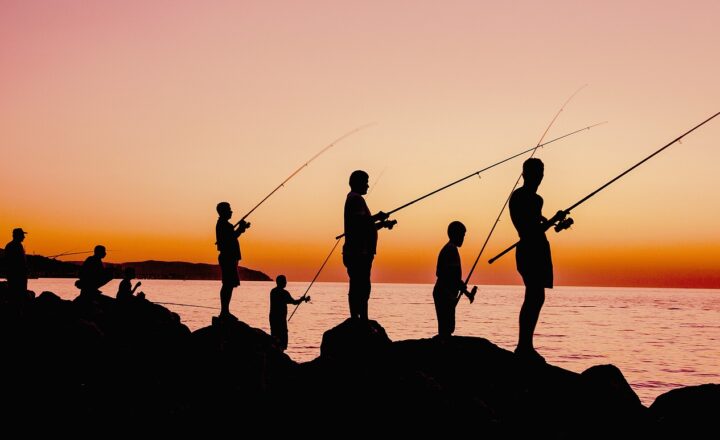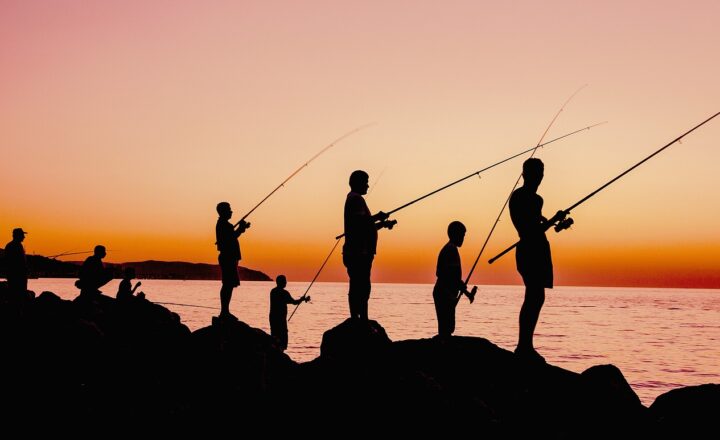Sailing Through History: How Fishing Has Shaped Cultures Around the World
November 17, 2024

Fishing is not just an economic activity; it is an archetype of human ingenuity, history, and culture. Throughout the ages, communities around the globe have relied on fishing not merely for sustenance but to shape their identities, traditions, and practices. From the coastal villages of the Mediterranean to the vast rivers of North America, fishing has forged cultural ties and informed social structures. In this article, we’ll embark on a journey to explore the profound impact of fishing across different cultures and its remarkable role throughout history.
1. The Ancient Roots of Fishing
Fishing has existed since the dawn of civilization. Archaeological records suggest that humans have been practicing fishing for over 40,000 years. Ancient peoples used rudimentary tools like fishhooks crafted from bone and wooden spears, evolving through time and technology into today’s sophisticated fishing gear.
The evidence of early fishing can be found in ancient Egyptian hieroglyphs showing nets and fish traps. Notably, societies such as the Egyptians, Mesopotamians, and Greeks recognized fishing as a vital source of food and an essential component of their sustainable practices. It was part of agricultural calendars and religious rituals, often complemented by deities of the water.
2. Fishing Traditions Across the Globe
Each culture has its own peculiar fishing traditions and stories that highlight the relationship between people and water.
– North America: Indigenous peoples such as the Haida and Kwakiutl have deep-rooted fishing traditions centered around salmon. Fishing is not merely an activity; it embeds their spiritual beliefs, identity, and connection to nature. Salmon represents life cycles, migration, and environmental stewardship in their cultures.
– Japan: The fishing methods in Japan tell stories of their culture. The practice of “Ika-shuri,” or squid fishing, showcases the artistry and precision in their techniques. Moreover, Japanese fishermen often participate in rituals to honor the spirits of the sea before embarking on their trips. This spiritual aspect emphasizes their respect for nature’s resources.
– Mediterranean Coast: Countries around the Mediterranean Sea have their fishing communities steeped in tradition. The art of tuna fishing off the coast of Sicily combines age-old practices known as “matteo” with modern techniques, sustaining both the economy and cultural identity of the region. Fishing festivals are celebrated with music, food, and dance to honor the bounties of the sea.
– Africa: In places like Lake Victoria, the fishing community of the Luo people practice traditional methods while engaging in cooperative fishing as a means of social bonding. Techniques include the use of nets and traps that reflect their understanding of ecological balance and fish populations.
3. Fishing: A Catalyst for Economic Development
For many communities, fishing goes beyond sustenance and culture; it is an economic lifeline. The fishing industry provides millions of jobs worldwide, directly supporting livelihoods while contributing to global economies.
In coastal towns, fishing drives tourism, creating an amalgamation of culture, heritage, and economics. Fishing ports become centers of commerce, with markets bustling with the sight of fresh catch and the aroma of cooked fish. The fusion of fishing with tourism can be seen in various places around the world, including the colorful fishing villages of Maine in the USA and the lively markets of Thailand.
However, the fishing industry’s growth has not come without challenges. Overfishing, habitat destruction, and climate change threaten the very waters that communities rely on. As awareness grows, many cultures are adopting sustainable fishing practices, blending tradition and modern conservation efforts.
4. The Cultural Significance of Fishing Festivals
Fishing festivals serve as a celebration of the bond between communities and the sea, showcasing the importance of fishing traditions handed down through generations. These festivals highlight not only fish but also local culture, food, music, and history.
– In Spain, the San Juan festival sees locals participating in nighttime fishing parties followed by immense celebrations, representing unity and joy.
– In Thailand, the annual “Rocket Festival” features fishing boats decorated flamboyantly, fostering goodwill before fishing seasons.
– United Kingdom: The Hastings Seafood and Wine Festival celebrates the local seafood harvest and showcases local fishing traditions, rooting people in their history while advancing sustainable practices.
Such festivals underscore the cultural richness embedded within fishing, connecting communities through shared practices and reinforcing the necessity to continue these traditions for future generations.
5. The Future of Fishing and Cultural Heritage
As we sail through history, the future of fishing raises pressing questions about sustainability and cultural preservation. The clash of modernization with age-old practices poses unique challenges.
– **Sustainable Practices**: The move towards sustainable fishing practices is imperative to preserving both marine ecosystems and cultural traditions. Many cultures are adapting to modern fishing management techniques that promote ecological balance while ensuring access to resources.
– **Cultural Preservation**: There is a growing awareness to document and preserve indigenous fishing practices that risk being lost in a rapidly evolving world. Projects focused on ethnographic studies emphasize the importance of retaining these knowledge systems while advocating for the communities involved.
– **Community Engagement**: Engaging communities in sustainable practices is crucial. Participation fosters a sense of responsibility towards preserving both culture and environment. Through initiatives that blend tradition with modernity, communities can help create a legacy that honors the past while nurturing the future.
In conclusion, fishing has profoundly shaped cultures around the world, offering not just sustenance but a sense of identity, tradition, and economic livelihood. From ancient times to modern practices, fishing remains a vibrant thread in the social fabric of communities. As we continue to navigate through the challenges of sustainability and cultural preservation, let us ensure that future generations can also relish the stories and sustenance that fishing provides.
Conclusion
Fishing represents much more than the act of catching fish; it is a kaleidoscope of human culture and creativity. Its role throughout history illuminates the interconnection between humans and their environment. As cultures evolve, the legacy of fishing remains a compelling story worth sharing, ensuring that future generations appreciate and respect the invaluable maritime heritage that fishing has provided.







